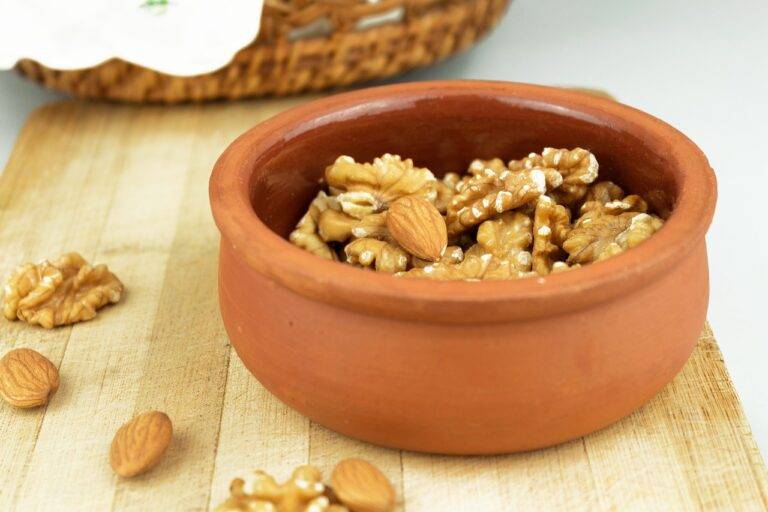How to Reduce Your Carbon Footprint with Food Choices
Supporting local farmers by consuming locally grown produce is not only beneficial for the community but also for the environment as a whole. When you buy fruits and vegetables from nearby farms, you are reducing the carbon footprint associated with transportation and supporting sustainable agricultural practices. This connection between consumers and local farmers fosters a sense of community and promotes a healthier lifestyle through the consumption of fresh, seasonal produce.
Furthermore, locally grown produce is often harvested at its peak ripeness, ensuring that you are getting the highest quality and most nutrient-dense foods available. By buying directly from local farmers, you are supporting small businesses and contributing to the local economy. The taste of freshly picked fruits and vegetables is unmatched, providing a sensory experience that cannot be replicated by produce that has traveled long distances to reach your plate.
Choosing Organic Foods
Organic foods have gained popularity in recent years due to their perceived health benefits and environmental sustainability. By choosing organic, consumers opt for products grown without synthetic pesticides or fertilizers. This decision not only contributes to personal well-being but also supports sustainable farming practices that prioritize soil health and biodiversity.
Furthermore, organic foods are often preferred for their higher nutrient content compared to conventionally grown produce. Studies have shown that organic fruits and vegetables can contain more vitamins, minerals, and antioxidants, providing consumers with a more nutrient-dense option. Choosing organic foods is not only a choice for individual health but also a step towards promoting a healthier environment for future generations.
What are the benefits of eating locally grown produce?
Eating locally grown produce helps support local farmers, reduces the carbon footprint associated with transportation, and ensures that the food is fresh and in season.
How can I tell if a food is organic?
Look for the USDA Organic seal on the packaging. This indicates that the product has been certified organic by the United States Department of Agriculture.
Are organic foods more expensive than non-organic foods?
In general, organic foods tend to be slightly more expensive than non-organic foods. However, the cost can vary depending on the type of product and where it is purchased.
Are organic foods healthier than non-organic foods?
While there is some debate on this topic, many people choose organic foods because they believe they are healthier due to the lack of synthetic pesticides and fertilizers.
Can I find organic foods at my local grocery store?
Yes, many grocery stores now carry a variety of organic foods. You can usually find organic produce, dairy, and packaged goods in the organic section of the store.





